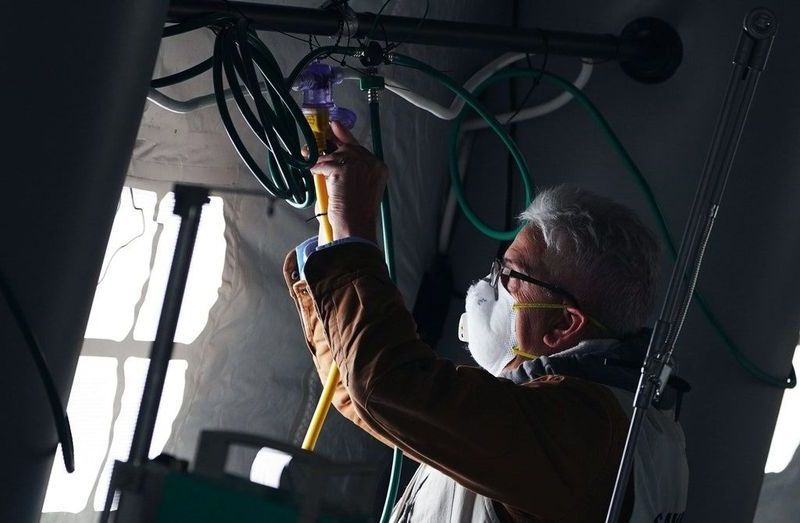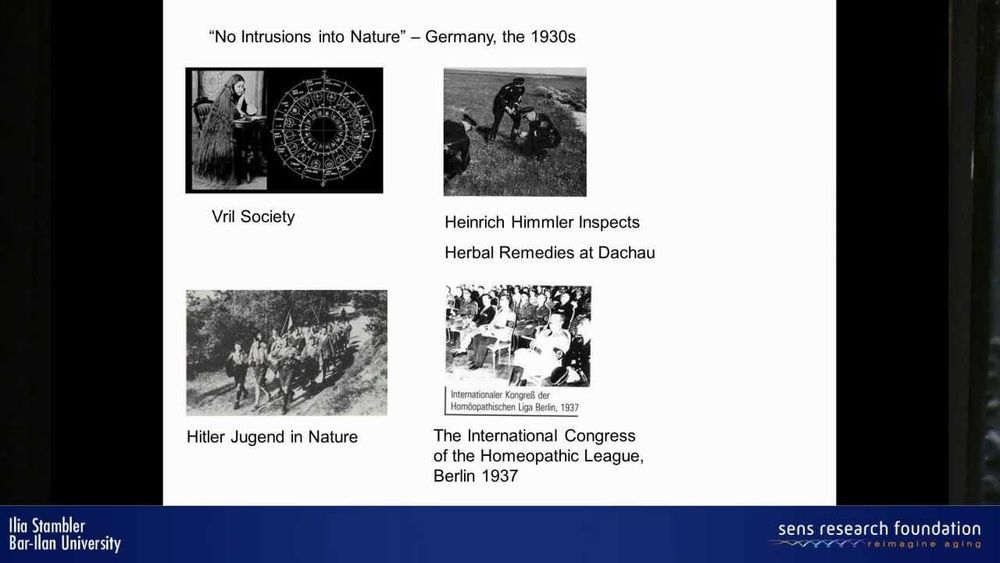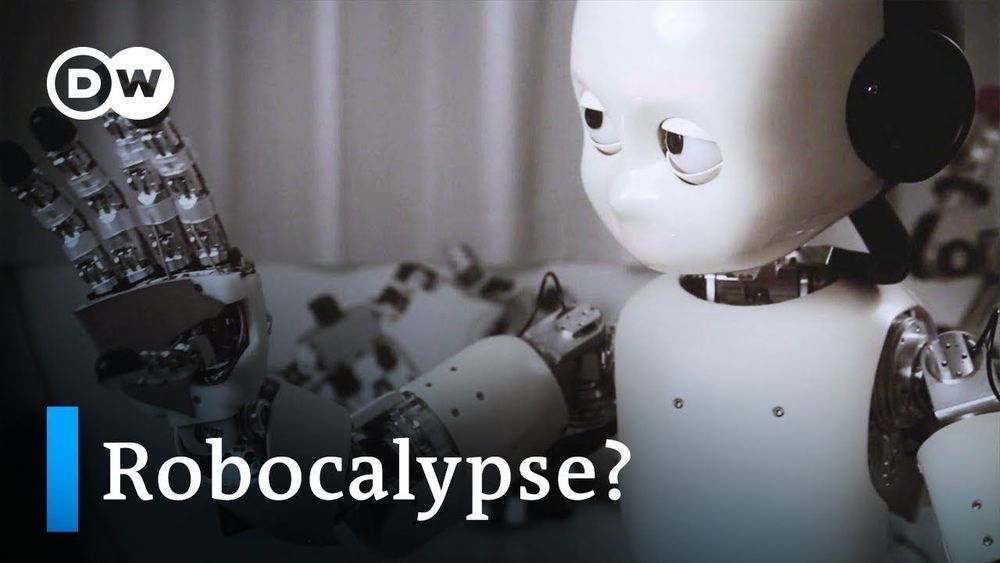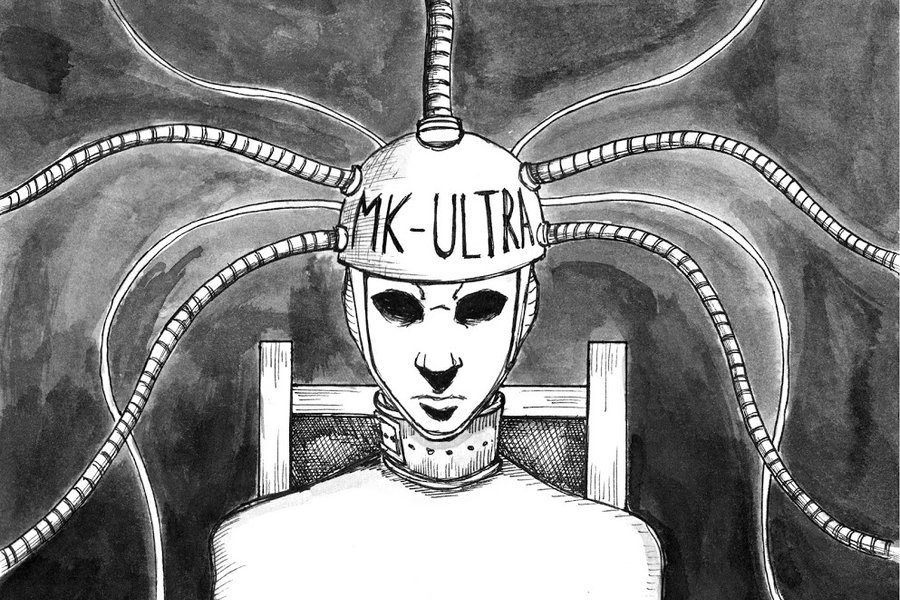As health care workers prepare for surges of Covid-19 patients, they must grapple with the ethics of rationing critical medical gear.



Dr. Ezekiel Emanuel, an American oncologist and bioethicist who is senior fellow at the Center for American Progress as well as Vice Provost for Global Initiatives at the University of Pennsylvania and chair of the Department of Medical Ethics and Health Policy, said on MSNBC on Friday, March 20, that Tesla and SpaceX CEO Elon Musk told him it would probably take 8–10 weeks to get ventilator production started at his factories (he’s working on this at Tesla and SpaceX).
I reached out to Musk for clarification on that topic and he replied that, “We have 250k N95 masks. Aiming to start distributing those to hospitals tomorrow night. Should have over 1000 ventilators by next week.” With medical supplies such as these being one of the biggest bottlenecks and challenges at the moment in the COVID-19 response in the United States (as well as elsewhere) — something that is already having a very real effect on medical professionals and patient care — the support will surely be received with much gratitude. That said, while there has been much attention put on the expected future need for ventilators, very few places reportedly have a shortage of them right now. In much greater need at the moment are simpler supplies like N95 masks, which must be why Tesla/SpaceX is providing 250,000 of them.
Dr. Emanuel also said in the segment of MSNBC’s “Morning Joe” he was on that we probably need 8–12 weeks (2–3 months) of social distancing in the US in order to deal with COVID-19 as a society. However, he also expects that the virus will come back and we’ll basically have a roller coaster of “social restrictions, easing up, social restrictions, easing up … to try to smooth out the demand on the health care system.”

The mission of healthy life extension, or healthy longevity promotion, raises a broad variety of questions and tasks, relating to science and technology, individual and communal ethics, and public policy, especially health and science policy. Despite the wide variety, the related questions may be classified into three groups. The first group of questions concerns the feasibility of the accomplishment of life extension. Is it theoretically and technologically possible? What are our grounds for optimism? What are the means to ensure that the life extension will be healthy life extension? The second group concerns the desirability of the accomplishment of life extension for the individual and the society, provided it will become some day possible through scientific intervention.
How will then life extension affect the perception of personhood? How will it affect the availability of resources for the population? Yet, the third and final group can be termed normative. What actions should we take? Assuming that life extension is scientifically possible and socially desirable, and that its implications are either demonstrably positive or, in case of a negative forecast, they are amenable – what practical implications should these determinations have for public policy, in particular health policy and research policy, in a democratic society? Should we pursue the goal of life extension? If yes, then how? How can we make it an individual and social priority? Given the rapid population aging and the increasing incidence and burden of age-related diseases, on the pessimistic side, and the rapid development of medical technologies, on the optimistic side, these become vital questions of social responsibility. And indeed, these questions are often asked by almost any person thinking about the possibility of human life extension, its meaning for oneself, for the people in one’s close circle, for the entire global community. Many of these questions are rather standard, and the answers to them are also often quite standard. Below some of those frequently asked questions and frequently given answers are given, with specific reference to the possibility and desirability of healthy human life extension, and the normative actions that can be undertaken, by the individual and the society, to achieve this goal.
Q: Is human life extension possible? Why do you think so?

The news did not sit well with Chinese scientists, who are still recovering from the CRISPR baby scandal. “It makes you wonder, if their reason for choosing to do this in a Chinese laboratory is because of our high-tech experimental setups, or because of loopholes in our laws?” lamented one anonymous commentator on China’s popular social media app, WeChat.
Their frustration is understandable. Earlier in April, a team from southern China came under international fire for sticking extra copies of human “intelligence-related” genes into macaque monkeys. And despite efforts to revamp its reputation in biomedical research ethics, China does have slacker rules in primate research compared to Western countries.
If you’re feeling icked out, you’re not alone. The morality and ethics of growing human-animal hybrids are far from clear. But creepiness aside, scientists do have two reasons for wading into these uncomfortable waters.

WUHAN (China Daily/ANN): With the public eagerly anticipating effective drugs to cure the novel coronavirus pneumonia, a medical ethics committee at the forefront of fighting the outbreak in Wuhan has quickened the pace of approving clinical trials.
Several programmes related to the diagnosis and treatment of the disease have gained ethical approval from Huazhong University of Science and Technology and are being carried out by the university, including two drugs that are under clinical trials, said Chen Jianguo, vice-president of the university.
The two drugs are remdesivir, a drug being developed by US-based pharmaceutical company Gilead, and chloroquine phosphate, which is available on the market to treat malaria.

AI/Humans, our brave now world, happening now.
Are we facing a golden digital age or will robots soon run the world? We need to establish ethical standards in dealing with artificial intelligence — and to answer the question: What still makes us as human beings unique?
Mankind is still decades away from self-learning machines that are as intelligent as humans. But already today, chatbots, robots, digital assistants and other artificially intelligent entities exist that can emulate certain human abilities. Scientists and AI experts agree that we are in a race against time: we need to establish ethical guidelines before technology catches up with us. While AI Professor Jürgen Schmidhuber predicts artificial intelligence will be able to control robotic factories in space, the Swedish-American physicist Max Tegmark warns against a totalitarian AI surveillance state, and the philosopher Thomas Metzinger predicts a deadly AI arms race. But Metzinger also believes that Europe in particular can play a pioneering role on the threshold of this new era: creating a binding international code of ethics.
——————————————————————-
DW Documentary gives you knowledge beyond the headlines. Watch high-class documentaries from German broadcasters and international production companies. Meet intriguing people, travel to distant lands, get a look behind the complexities of daily life and build a deeper understanding of current affairs and global events. Subscribe and explore the world around you with DW Documentary.
https://www.youtube.com/channel/UCW39zufHfsuGgpLviKh297Q?sub_confirmation=1#
Our other YouTube channels:
DW Documental (in spanish): https://www.youtube.com/dwdocumental
DW Documentary وثائقية دي دبليو: (in arabic): https://www.youtube.com/dwdocarabia
For more documentaries visit also:
http://www.dw.com/en/tv/docfilm/s-3610
Instagram
https://www.instagram.com/dwdocumentary/
Facebook:
https://www.facebook.com/dw.stories
Feb 28 (Reuters) — Vatican officials on Friday planned to release principles promoting the ethical use of artificial intelligence (AI), with the backing of Microsoft Corp and International Business Machines Corp as the first two technology industry sponsors.
The “Rome Call for AI Ethics” asserts that the technology should respect privacy, work reliably and without bias, consider “the needs of all human beings” and operate transparently — an area of ongoing research because AI systems’ decisions are often inscrutable.
The document reflects growing interest among companies and institutions to set guardrails for the fast-evolving technology. Police have used facial recognition systems to investigate crimes, and Fortune 500 companies have used AI to vet job applicants — both examples of high-stakes tasks where deploying inaccurate or biased software could lead to harm.

According to this CTV News article, survivors and families of an MK Ultra brainwashing program run by Dr. Ewen Cameron at McGill University in Montreal in the 1950s and 1960s have banded together to bring the horrors of this program more fully into the public eye.
They are planning a class action lawsuit against the provincial and federal government, an initiative which lawyer Alan Stein feels optimistic about:
“I believe we can claim moral damages as a result of the experiments when Dr. Cameron used these people as guinea pigs.”—lawyer Alan Stein

There are decisions being made right now that could have an effect on global populations for generations to come. As part of this project, we commissioned an artist to investigate some of the themes raised in the podcasts. This work of fiction imagines a future where gene editing has become mainstream and discusses the moral, ethical and political divides that this might create.

https://www.youtube.com/watch?v=oFvj379MI0o&t=441s
I recently interviewed Professor David J. Gunkel, an expert in robot ethics at Northern Illinois University about the future of AI and the transhumanist movement. If this is your thing please do subscribe to the channel — lots more coming up smile
I interview Professor David J. Gunkel (@David_Gunkel), an expert in AI and robot ethnics at Northern Illinois University and author of ‘The Machine Question: Critical Perspectives on AI, Robots, and Ethics’. We discuss whether robots should have rights, if human and artificial intelligence are likely to merge and whether the transhumanist movement could become a serious political force. Hope you enjoy!